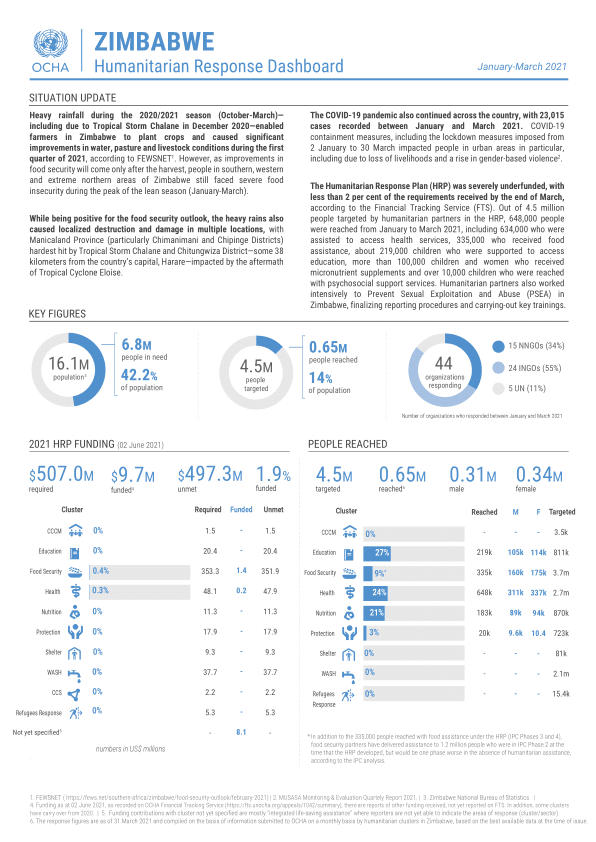Hunter Biden (Photo by Moses Robinson/Getty Images for Usher’s New Look Foundation)
BREAKING! U.S. Attorney follows longstanding Justice Department policy not to take overt investigative steps which might interfere with a pending election. Film at 11.
This morning Politico ran an in-depth profile — by national political correspondent Ben Schreckinger — of David Weiss, the U.S. Attorney tasked by Bill Barr with reviewing allegations against President Biden’s son Hunter Biden.
Headline: Hunter Biden’s prosecutor rejected moves that would have revealed probe earlier. Sub-hed: Veteran U.S. attorney David Weiss, known for his willingness to take on powerful Delaware figures, kept his investigation into Biden’s son out of the 2020 campaign.
As a person who makes words for a living, let me say, I get it. Sometimes the editor slaps a clickbait head on your article, and there’s nothing you can do about it. (Not here at ATL, of course! But at other publications.)
But check out the first paragraph:
Last summer, federal officials in Delaware investigating Hunter Biden faced a dilemma. The probe had reached a point where prosecutors could have sought search warrants and issued a flurry of grand jury subpoenas. Some officials involved in the case wanted to do just that. Others urged caution. They advised Delaware’s U.S. Attorney, David Weiss, to avoid taking any actions that could alert the public to the existence of the case in the middle of a presidential election.
That’s not on the editor. That’s a transparent ploy to sexy up a relatively staid profile in an effort to boost clicks. And indeed the piece has received top billing on the site since this morning.
To his credit, Schreckinger lays out the political dilemma facing Weiss at a time when the president and his allies, most notably Rudy Giuliani, were shouting about Hunter Biden’s laptop and demanding prosecution based on fantastical allegations of billions of dollars in bribes paid to the then-presidential candidate through his son. And Weiss’s situation was particularly tricky in light of a parallel investigation being run out of the U.S. Attorney’s Office in Pittsburgh, which was seen as more overtly political.
But nowhere does the piece mention the so called “60-90 day rule,” the longstanding prohibition on taking overt investigative acts which might impact an upcoming election. And couching Weiss’s decision in terms that make it seem like the prosecutor was acting in a void, or running some kind of PR campaign, is just wrong.
Weiss, however, decided to delay taking any actions that were likely to make the existence of the Hunter Biden probe public. Concerns about affecting the presidential election loomed large when Weiss entertained arguments about advancing the probe, according to the person involved in the discussions. No matter what he did, the decision was sure to come under scrutiny for signs of politicization.
The reality is that every attorney general going back to Michael Mukasey has sent out a memo during an election year cautioning DOJ staffers to confer with the Public Integrity Section “regarding the timing of charges or overt investigative steps near the time of a primary or general election.”
Primary voting was ongoing during this summer when Weiss made his decision to forbear issuing subpoenas which might cause the probe to become public, and the general election loomed just weeks away in November. So any reporting which leaves out the DOJ policy is woefully incomplete.
In August, NYU law professor and co-editor at Just Security Ryan Goodman wrote compelling article on the rule of forbearance, including a list of quotes from former U.S. Attorneys.
Liam Brennan, former head of the Public Corruption Task Force for the U.S. Attorney’s Office for the District of Connecticut, told Goodman:
It is the standard practice of the Department of Justice to be highly sensitive to the impact any of its actions might have on the democratic process. Traditionally, public corruption prosecutors and agents will avoid any overt actions close to the time of an election that may give the appearance of favoritism or possibly affect the election’s outcome. This may include postponing charges against candidates or their intimate associates. It can also involve delaying other activity – if possible – that may become public and impact an election, such as postponing charges against other individuals or issuing subpoenas and search warrants.
Chris Mattei, former Chief of the Financial Fraud & Public Corruption Unit for the U.S. Attorney’s Office for the District of Connecticut, agreed:
DOJ prosecutors are guided by a longstanding and vital principle that they should refrain from taking overt investigative or prosecutorial actions that could affect an upcoming election. This principle protects DOJ from political influence, insures that DOJ’s authority is not misused for political purposes, and strengthens public confidence that DOJ’s actions are not motivated by partisan political concerns. Because this policy aims to steer DOJ clear of elections generally, it does not apply only to DOJ actions toward candidates or their inner circle.
And even Bill Barr, in a former life before he lost his damn mind, expressed outrage when Independent Counsel Lawrence Walsh indicted former Defense Secretary Caspar Weinberger in June of 1992. In his book “Shadow: Five Presidents and the Legacy of Watergate” Bob Woodward writes:
Barr said he thought it was a crude political act with a political motive. Career Justice Department prosecutors would never bring out such information in an indictment just before an election. Barr said he wanted to dismiss Walsh. He knew the law well. He could remove Walsh for “misconduct.”
Later Barr decided that indictments close to the candidate were kosher after all, mumbling in June that “You don’t indict candidates or perhaps someone that’s sufficiently close to a candidate, that it’s essentially the same, you know, within a certain number of days before an election.” Barr’s comments pertained to John Durham’s investigation in Connecticut, yet another investigation which conservatives had pinned their hopes on to fend off Joe Biden to finally bring Hillary Clinton to justice. But it does appear to acknowledge that it would be wildly inappropriate and a gross violation of Justice Department policy to draw attention to the candidate’s own son during the election.
So, no, Politico. This ain’t it. But it probably got a ton of clicks!
Hunter Biden’s prosecutor rejected moves that would have revealed probe earlier [Politico]
Bill Barr’s Hidden Truths About Justice Department’s Rule of Forbearance in an Election [Just Security]
Elizabeth Dye lives in Baltimore where she writes about law and politics.






 Olga V. Mack is the CEO of
Olga V. Mack is the CEO of 




 Iffy Ibekwe is the principal attorney and founder of
Iffy Ibekwe is the principal attorney and founder of 
 Jordan Rothman is a partner of
Jordan Rothman is a partner of 


